Top general in Sudan declares military commitment to civilian governance
April 21, 2023Tweet

Sudan's top general on Friday declared the military's commitment to a civilian-led government, an apparent bid for international support even as his forces battle a rival paramilitary group in brutal fighting that has derailed hopes for the country's democratic transition. In his first speech since the conflict engulfed Sudan nearly a week ago, army chief Gen. Abdel Fattah Burhan pledged the military would prevail and secure the nation's "safe transition to civilian rule." However, for many Sudanese, Burhan's claim rang hollow 18 months after he joined forces with his current rival to seize power and cast aside Sudan's pro-democracy forces. On the Muslim Eid al-Fitr holiday, gunshots rang out across the capital of Khartoum and heavy smoke billowed over the skyline. The violence so far has killed 413 people and wounded 3,551, including at least nine children killed and 50 wounded in the fighting. Norway's ambassador to Sudan, Endre Stiansen, wrote in an Eid al-Fitr message on Twitter, "Can any hell be more horrible than The explosions rocking Khartoum have followed international calls for a holiday cease-fire. The paramilitary Rapid Support Forces (RSF) promised to stop fighting for the three days of Eid al-Fitr, but there was no response from Burhan's military. The Sudanese military ruled out negotiations with the RSF, saying it would only accept its surrender. The two generals vying for control over the vast African nation are also vying for acceptance by foreign powers, who have expressed support for Sudanese seeking a transition to civilian rule. Both Burhan and his rival, RSF chief Mohammed Hamdan Dagalo, have sought to portray themselves as supporters of democracy, but since then, they have failed to implement agreements under which they would hand over power. The current explosion of violence between Burhan and Dagalo in Sudan has been a result of a recent international deal to incorporate the RSF into the military and eventually lead to civilian rule. This has frustrated efforts by nations to evacuate their nationals from Sudan, with most airports out of commission and movement dangerous. The bombardment and sniper fire has hit civilian infrastructure, including hospitals, over the past week. WHO Director-General Tedros Adhanom Ghebreyesus decried the “reprehensible” attacks on health facilities, saying they “not only jeopardize the lives of healthcare workers but also deprive vulnerable populations of essential medical care.” The violence has forced 20 health facilities nationwide to halt operations, and a dozen other hospitals are at risk of shutting down, threatening some 50,000 severely malnourished children in Sudan. Both the military and RSF have a long history of human rights abuses in Sudan, and shortages of fuel, medicine, cash and food are causing desperation in Khartoum.
Comments
Related news
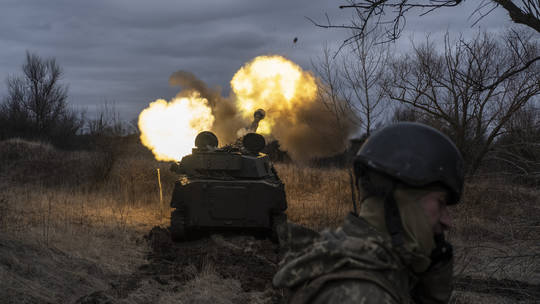
US declares more arms for Ukraine
Read more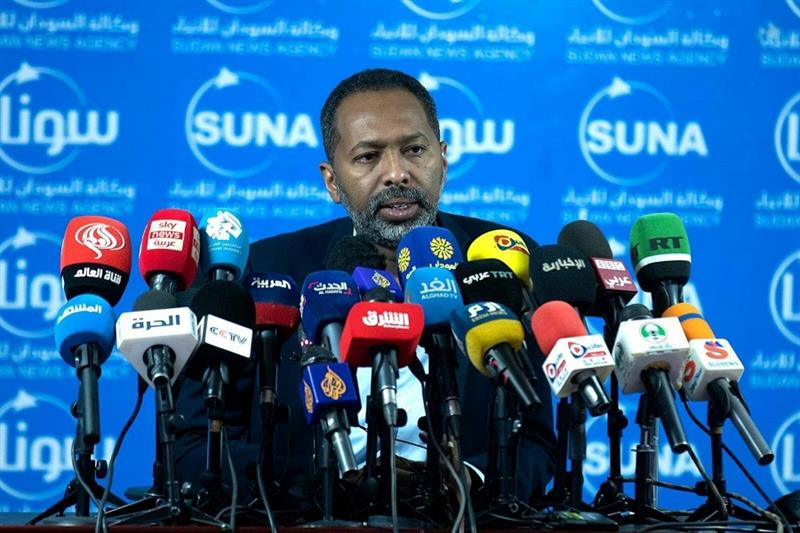
According to an official spokeswoman, Sudan will elect a new government on April 11.
Read more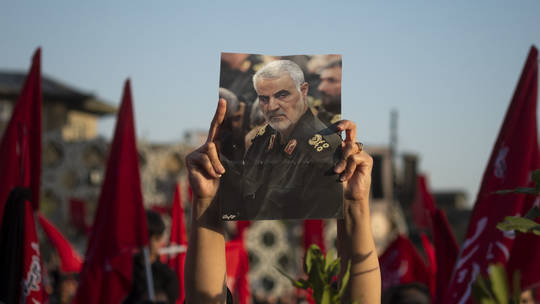
Top military claims Iran wants Trump dead.
Read more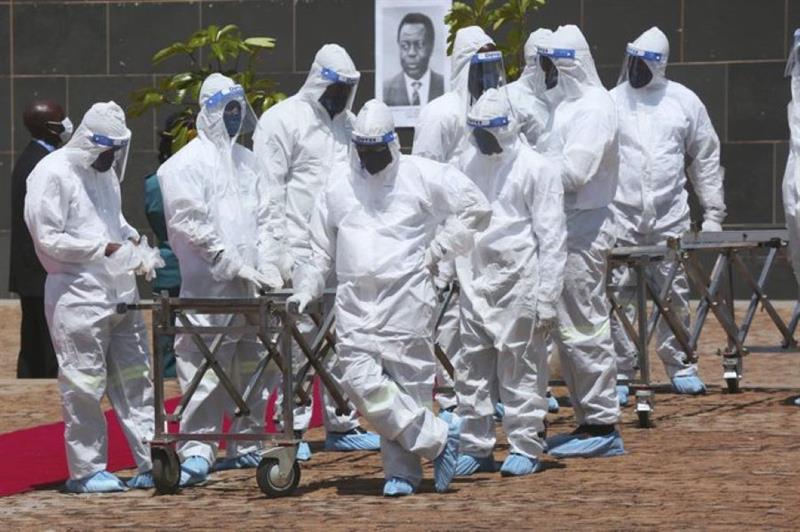
WHO declares the COVID pandemic is no longer an emergency and downgrades it.
Read more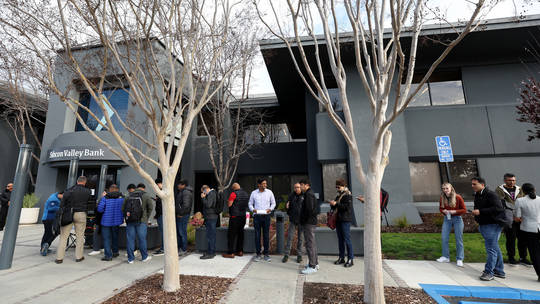
Parent business of SVB declares bankruptcy
Read more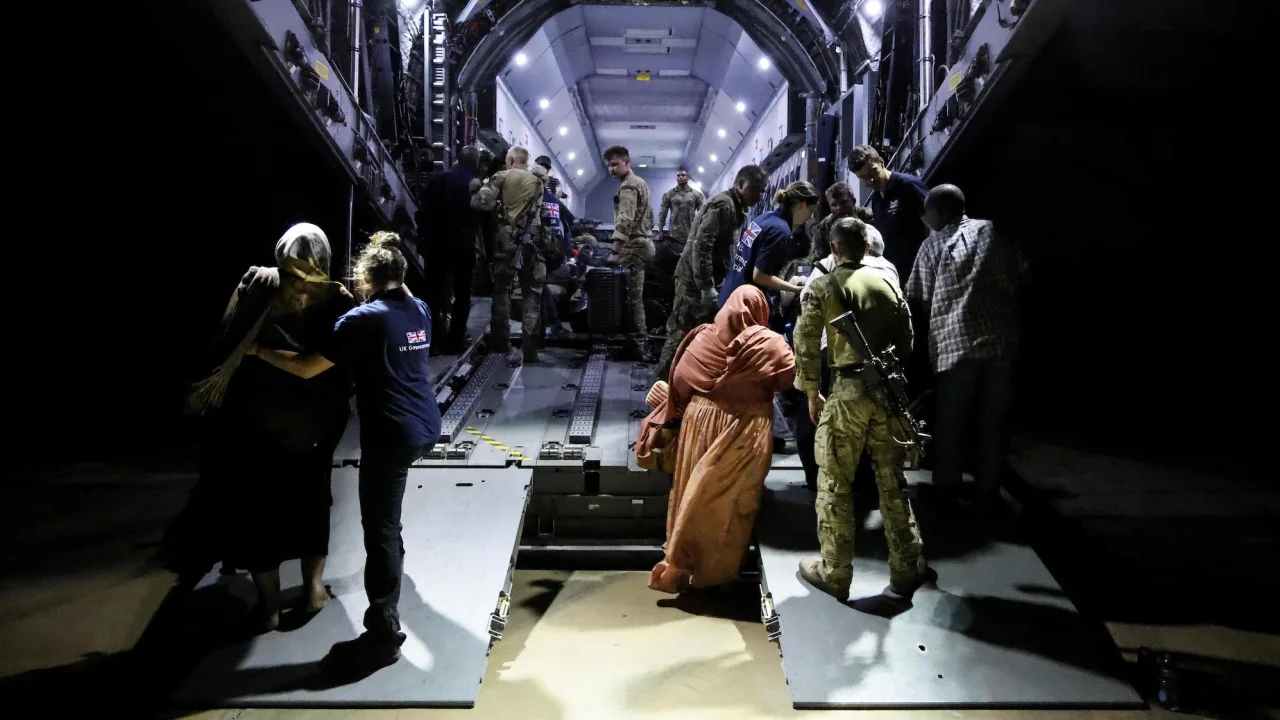
After weeks of warfare, the first Red Cross relief arrives in Sudan.
Read more
According to Military disclosures, a Canadian pipeline was assaulted by Russian hackers.
Read more
US declares pandemic emergency over
Read more
Israel claims to have struck a Syrian military complex with its fighter planes.
Read more